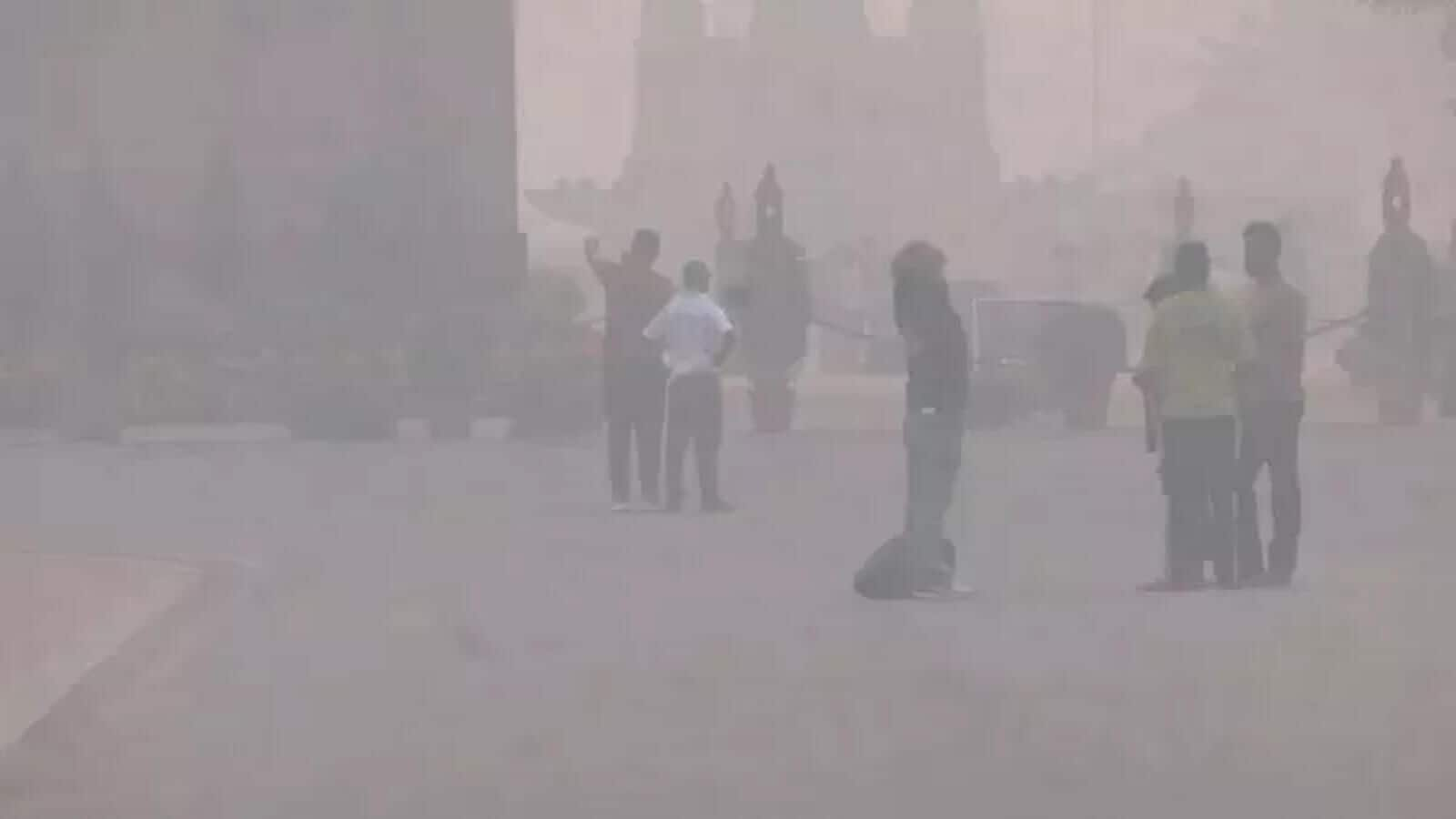
NDMC doubles parking fees to combat air pollution in Delhi-NCR
What's the story
The New Delhi Municipal Council (NDMC) has doubled parking fees for indoor and off-road facilities.
The move aims to dissuade the use of private vehicles and fight air pollution in the Delhi-National Capital Region.
The decision comes after the Commission for Air Quality Management (CAQM) implemented Stage II of the Graded Response Action Plan (GRAP).
Pollution levels
Delhi's air quality index reaches 'very poor' levels
Delhi's AQI currently stands at "very poor" levels at 349, according to SAFAR-India.
In areas such as Anand Vihar and Jahangirpuri, the AQI has worsened to "severe," with readings of 402 and 417, respectively, according to the Central Pollution Control Board (CPCB).
The new parking charges will not apply to on-street parking sites or monthly pass holders.
Additional efforts
Other measures under GRAP-II to combat pollution
Apart from hiked parking fees, other measures under GRAP-II include regulating diesel generators and increasing the frequency of public transport.
Delhi's Public Works Department (PWD) has also been active in managing pollution by sprinkling water on streets.
This is part of daily road cleaning efforts flagged under GRAP-II, which also includes mechanical/vacuum sweeping.
Minister's statement
Delhi Environment Minister emphasizes aim of GRAP-II measures
Delhi Environment Minister Gopal Rai stressed that these measures are aimed at curbing dust and vehicular pollution.
GRAP Stage II enforcement includes banning coal and firewood use in tandoors at eateries and restricting diesel generator sets, barring essential services.
The CAQM's action plan also makes daily mechanical sweeping and water sprinkling on roads mandatory.
Authorities are directed to ensure uninterrupted power supply to deter alternate power sources like diesel generators.
Pollution sources
Factors contributing to Delhi's air pollution
The AQI categorization ranges from 'good' (0-50) to 'severe' (401-500). Delhi is currently in "very poor" conditions.
Transportation emissions, stubble burning, and dust pollution are among the factors behind this pollution.
Farm fires have been reported in neighboring states—65 in Punjab, two in Haryana, and 25 in Uttar Pradesh.
With winter approaching, Delhi's pollution challenges are compounded by low wind speeds and high moisture levels.